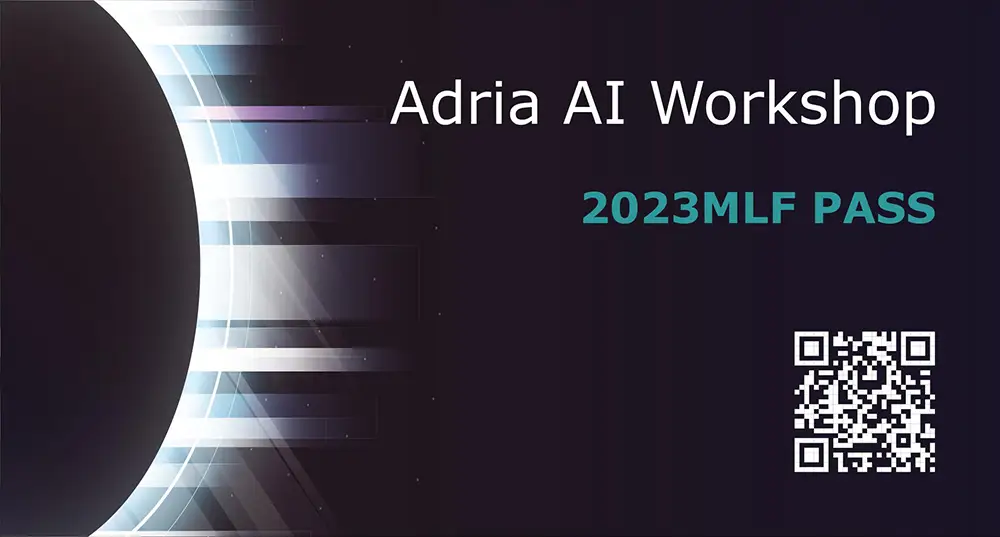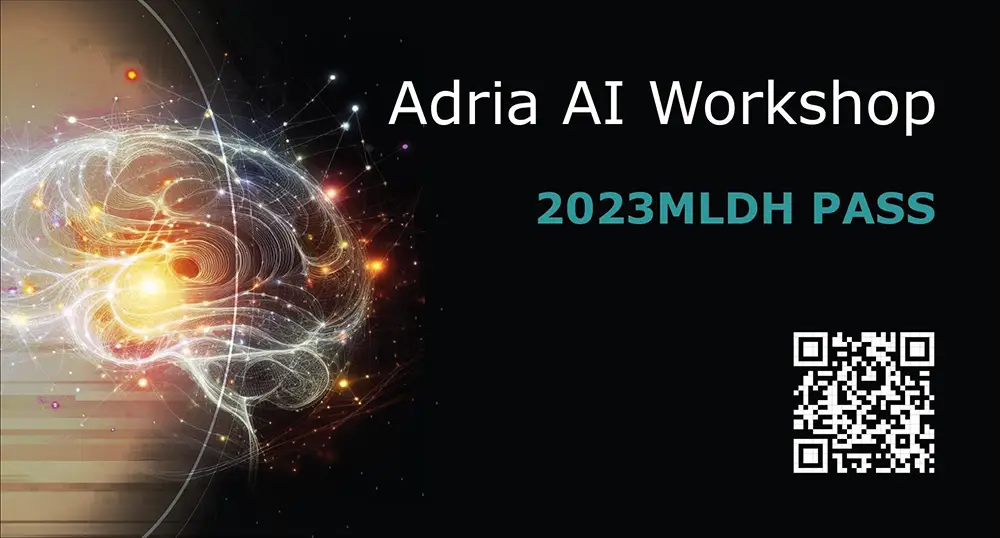Program
Topics provide various dimensions for knowledge and skill development. Each program is tailored to answer particular need recognized in academia and industry setting. It targets theoretical knowledge acquisition as well as practical work on problems structured to hone skills needed for real-world applications.
Machine Learning Fundamentals

The course is designed as a comprehensive journey through machine learning, enabling participants to strengthen both their theoretical foundations and practical skills, essential for executing projects in this domain.
Participants begin by establishing a solid understanding of the foundational principles of machine learning, diving into statistical methods, core concepts, and types such as supervised, unsupervised, and reinforcement learning. This foundational knowledge is crucial, as it shapes the framework for various real-world applications of machine learning. Transitioning to the practical side, attendees are equipped with the necessary skills to navigate tools like Jupyter Notebooks and Colab.
They’re also introduced to essential Python libraries such as NumPy, pandas, scikit-learn, and statsmodels, culminating in hands-on experience with the Iris dataset. As they proceed, learners delve deeper into the underlying mechanisms of machine learning, understanding biases, similarity measures, and model evaluation techniques like accuracy, precision, recall, F1-score, and AUC. Grasping these concepts is paramount, as it aids in diagnosing model performance and addressing potential shortcomings. The course also emphasizes the importance of understanding overfitting, underfitting, and the bias-variance trade-off – concepts fundamental to creating robust machine learning models
As the program delves into supervised learning, participants gain insights into linear regression, learning to implement and evaluate models using tools like scikit-learn. Subsequent sessions focus on classification, particularly logistic regression for binary classification. The course then ventures into the captivating realm of deep learning. Here, participants craft their first neural network, comprehending intricacies such as layers, weights, and biases. They gain hands-on experience with frameworks like TensorFlow or PyTorch, ensuring a holistic blend of theory and practice. The curriculum further delves into deep learning architectures, emphasizing Convolutional Neural Networks (CNNs), an essential tool for tasks like image classification. Advancing to more complex topics, learners explore model deployment strategies, possibly leveraging tools like Flask, enabling them to translate their models into real-world applications seamlessly. The program culminates in a hands-on project session, where participants, under expert mentorship, apply their acquired knowledge to practical challenges, cementing their understanding and readiness for real-world machine learning projects.
Read more: Detailed list of topics.
Machine Learning for Digital Healthcare

“Machine Learning For Digital Healthcare” is an intensive program designed to impart a deep understanding of the intersection of machine learning and healthcare, ensuring participants are equipped to innovate in this pivotal domain.
Starting with the basics, participants are introduced to the core objectives of the workshop and the fundamental role of machine learning in healthcare. The program explores foundational machine learning concepts, discussing various paradigms including supervised, unsupervised, and reinforcement learning, and elaborating on their specific applications in real-world healthcare scenarios. As the course advances, a significant emphasis is placed on data in healthcare.
Attendees will gain insights into the unique challenges and opportunities surrounding healthcare data. They’ll hone skills in data preprocessing and cleaning, essential for handling intricate healthcare datasets, and engage in hands-on exercises with Python libraries, ensuring a practical grasp of the techniques.
A substantial portion of the program is dedicated to medical imaging, a cornerstone of digital healthcare. Here, learners delve into the significance of medical imaging and how deep learning is transforming the domain, especially in tasks like image classification and segmentation. The transformative potential of machine learning becomes evident as participants explore case studies detailing the detection of diseases from medical images. Further hands-on sessions guide learners in setting up deep learning environments, crafting medical image classification models, and critically evaluating their performance, ensuring they are ready to tackle real-world challenges.
Predictive modeling, another transformative application of machine learning in healthcare, is covered extensively. Participants will grasp the nuances of predictive analytics, designed specifically for forecasting patient outcomes. This includes intricate processes like feature selection and engineering tailored for healthcare datasets. Through real-life case studies, attendees understand the methodology behind predicting disease risks using patient data. Beyond the technical aspects, there’s an emphasis on the ethical considerations surrounding healthcare predictions, ensuring a holistic and responsible understanding of the domain.
The culmination of the learning experience is an opportunity to apply knowledge to tangible projects. Participants collaborate on healthcare-related machine learning projects, benefiting from expert mentorship. These projects not only reinforce the learned concepts but also foster a practical understanding of their real-world applications. As the program concludes, attendees engage in reflective discussions on the future trajectory of machine learning in healthcare, ensuring they are well-versed with upcoming trends. They’re also equipped with resources for continued learning and advancement in the field, leaving them empowered and ready to make meaningful contributions to digital healthcare.
Read more: Detailed list of topics.
